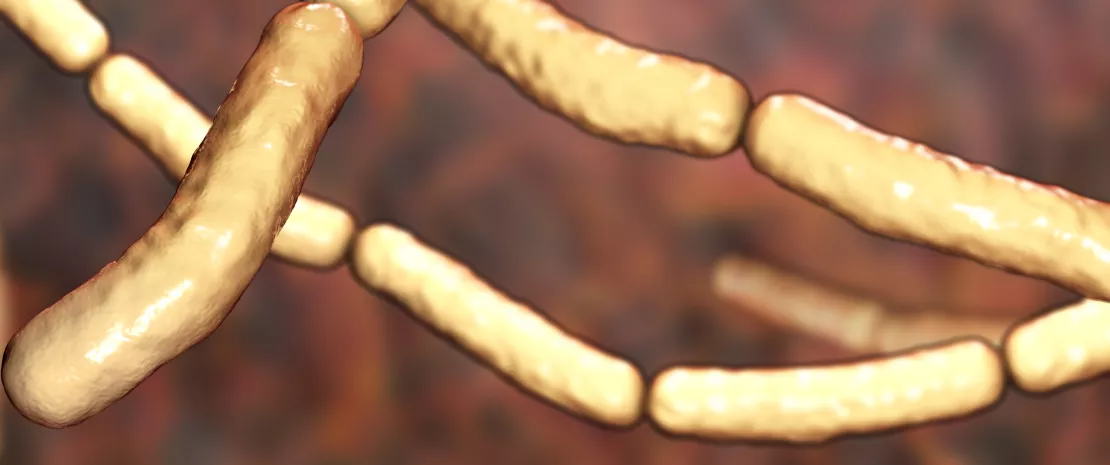Gut microbiota #10
By Pr. Markku Voutilainen
Turku University Faculty of Medicine; Turku University Hospital, Department of Gastroenterology, Turku, Finland
Lay public section
Find here your dedicated section
Sources
This article is based on scientific information
Sections

About this article
Author
Bacillus subtilis and Parkinson's disease
To better understand the impact of gut microbiota on the progression / severity of Parkinson’s disease (PD) and on α-synuclein (α-syn) aggregates in Lewy bodies, the authors used a nematode Caenorhabditis elegans model. They noted that both spores and vegetative cells of a Bacillus subtilis strain induced a biofilm formation in the worm gut and the release of bacterial metabolites. Thus, protective pathways such as sphingolipid metabolism were differentially regulated; preformed α-syn aggregates removal and α-syn aggregation inhibition were observed in young and old animals. From authors’ point of view, the effects of this strain as a food supplement should be considered in PD treatment.
The impact of antibiotics on cancer immunotherapy
Gut microbiota may influence the efficacy and toxicity of anticancer therapy. According to present results, it significantly impacts the response to an Immune Checkpoint Inhibitors (ICI) treatment. The study evaluated the impact of antibiotics, proton pump inhibitors (PPI), steroids, and opioids use on the therapeutic response to ICI treatment defined by iRECIST1 criteria. It showed that antibiotic use per se was not associated with any reduced efficacy of ICI treatment, but multiple or prolonged antibiotic courses impaired the outcome of immune therapy. This is the first study showing that concomitant use of opioids, but not PPIs or steroids, is associated with poorer outcomes of ICI therapy.







